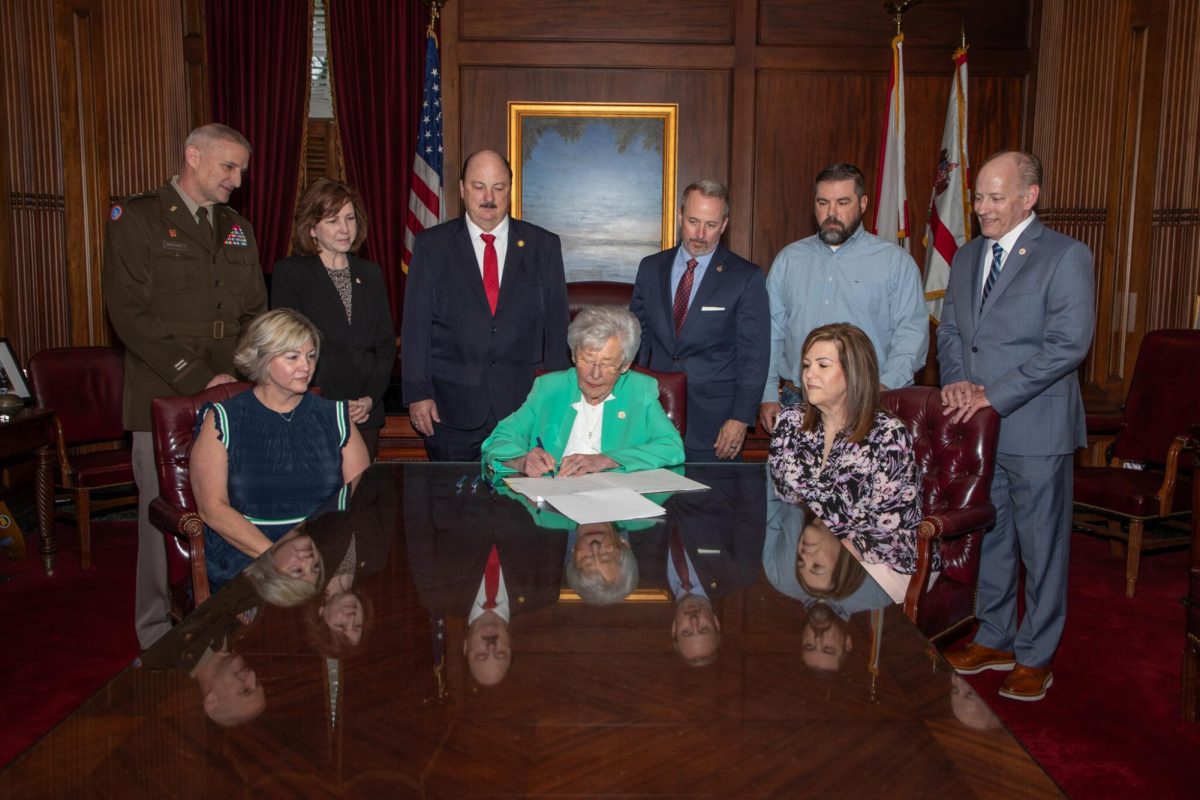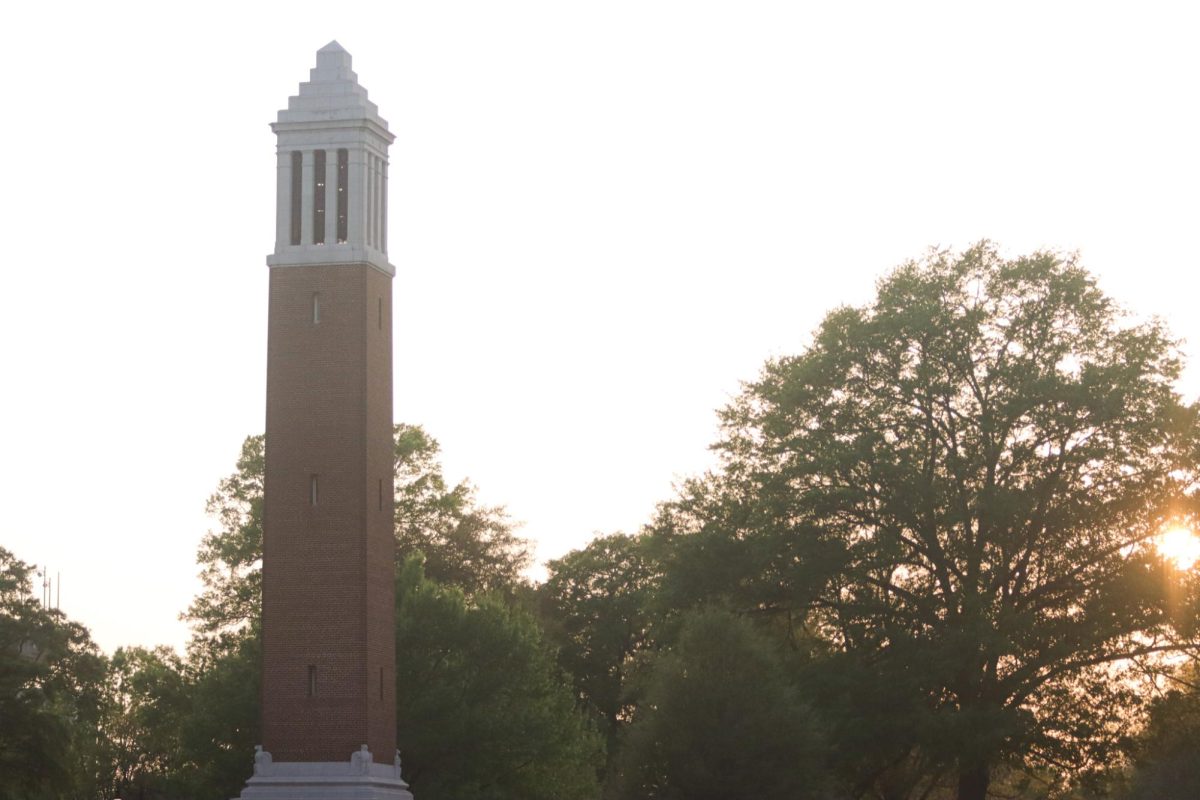Shepherd Bend Mining, LLC, is in the process of proposing a vast strip coal mine on property belonging to the University of Alabama in an area adjacent to one of Birmingham Water Work’s major water intakes.
The water intake located at Mulberry Fork could be subjected to contamination due to mining-related pollutants if the strip mine is built. Additionally, the mine has raised concerns about its potential effects on wildlife, recreation and the general way of life for residents living near the Black Warrior River.
After Shepherd Bend, a subsidiary of Drummond Company — a coal-producing business run by Chairman and CEO Garry Neil Drummond, a trustee-emeritus of the University of Alabama System — was granted a mining permit by the Alabama Surface Mining Commission, much scrutiny has been placed on the University, which owns the majority of the land that would be mined.
Drummond Co. is no stranger to controversy. In 2002 and 2003, families of slain Colombian labor leaders filed multiple lawsuits against the company, alleging that Drummond Co. hired Columbian paramilitary soldiers to torture and murder the labor leaders for speaking out against working conditions.
According to a judge’s ruling one of the cases, Estate of Valmore Lacarno Rodriguez v. Drummond Co., filed March 14, 2002, Lacarno and another labor leader were abducted by members of the United Self Defense Forces of Columbia (AUC) on a bus ride home from the Drummond mine where they worked. The plaintiffs alleged that the AUC then killed the two men, who, at the time, were in contract negotiations with Drummond on behalf of the workers in the mine.
According to the ruling, the plaintiffs alleged that the AUC soldiers who killed the labor leaders stated “they were there to settle a dispute that Lacarno had with Drummond.”
The U.S. District Court of North Alabama dismissed most of the case in 2003, agreeing with Drummond’s lawyers’ argument that the case couldn’t proceed while the accuser remained anonymous. A jury acquitted Drummond of the remaining charges in court in June 2007. In March and May of 2009, two new cases were filed against Drummond for the company’s conduct in Colombia that included allegations of more killings, according to an AP report from May 2009.
With the Shepherd Bend mine, Drummond Co. now faces another issue of a different nature. This time, the issue is an environmental one.
Dr. Arthur Benke, a University of Alabama professor of biological sciences, said he couldn’t fathom someone proposing a project causing such grave environmental ramifications.
“The coal mining proposed on Shepherd’s Bend of Mulberry Fork is an example of the most environmentally damaging human activity that can be imagined on a stream or river,” Benke said. “That someone would plan a project that would pollute the river directly upstream of much of Birmingham’s water supply is beyond belief. Any environmentally conscious society would never allow such blatant disregard for our most important natural resource – fresh water – and of the natural ecosystems it supports.”
Benke said the project has the potential to cause an array of health risks to humans and animals as well as the aesthetic quality of the area.
“The list of environmental damages is many, including water pollution, air pollution, destruction of sensitive river-landscape interactions, and the ugly barren scar that would be caused by mining adjacent to a beautiful river. Water pollution in particular, including heavy metals, has devastating effects on the native plants, and animals and microbes that live downstream.”
Benke said he was glad the University owns the land and thus has the potential to prevent the mine from being constructed.
“It is fortunate that The University of Alabama owns much of this land and has the opportunity to demonstrate the importance of long-term environmental stewardship rather than short-term profit. I hope the University will see the wisdom in putting a stop to this proposed activity.”
The Coalition of Alabama Students for the Environment and the UA Environmental Council held a joint news conference Monday to protest the proposed strip mine. The Environmental Council has threatened to boycott certain UA services if the University leases the land for the proposed mine.
The University has publicly maintained its position that they have not been contacted about leasing the land and have no plans to sell or lease the property.








